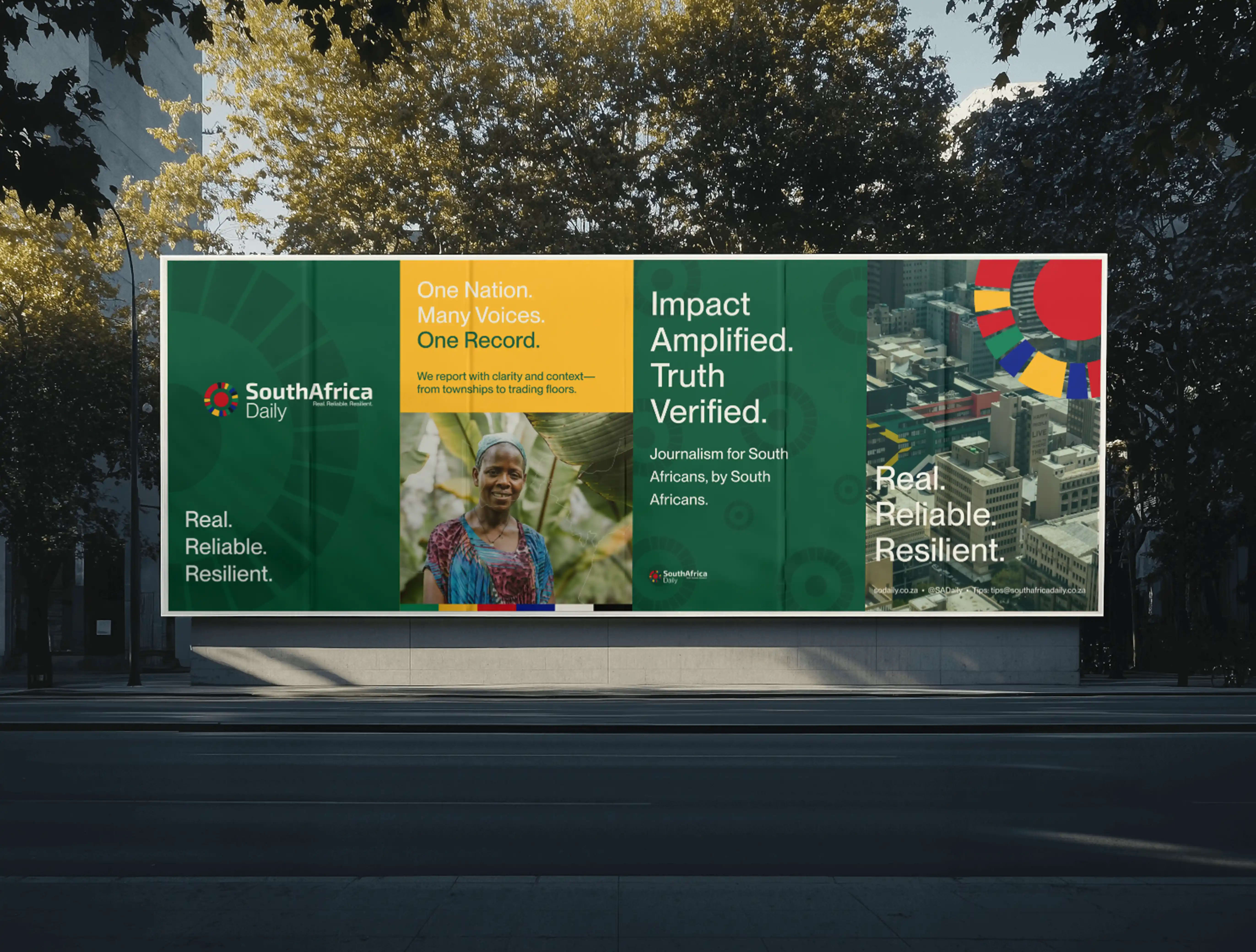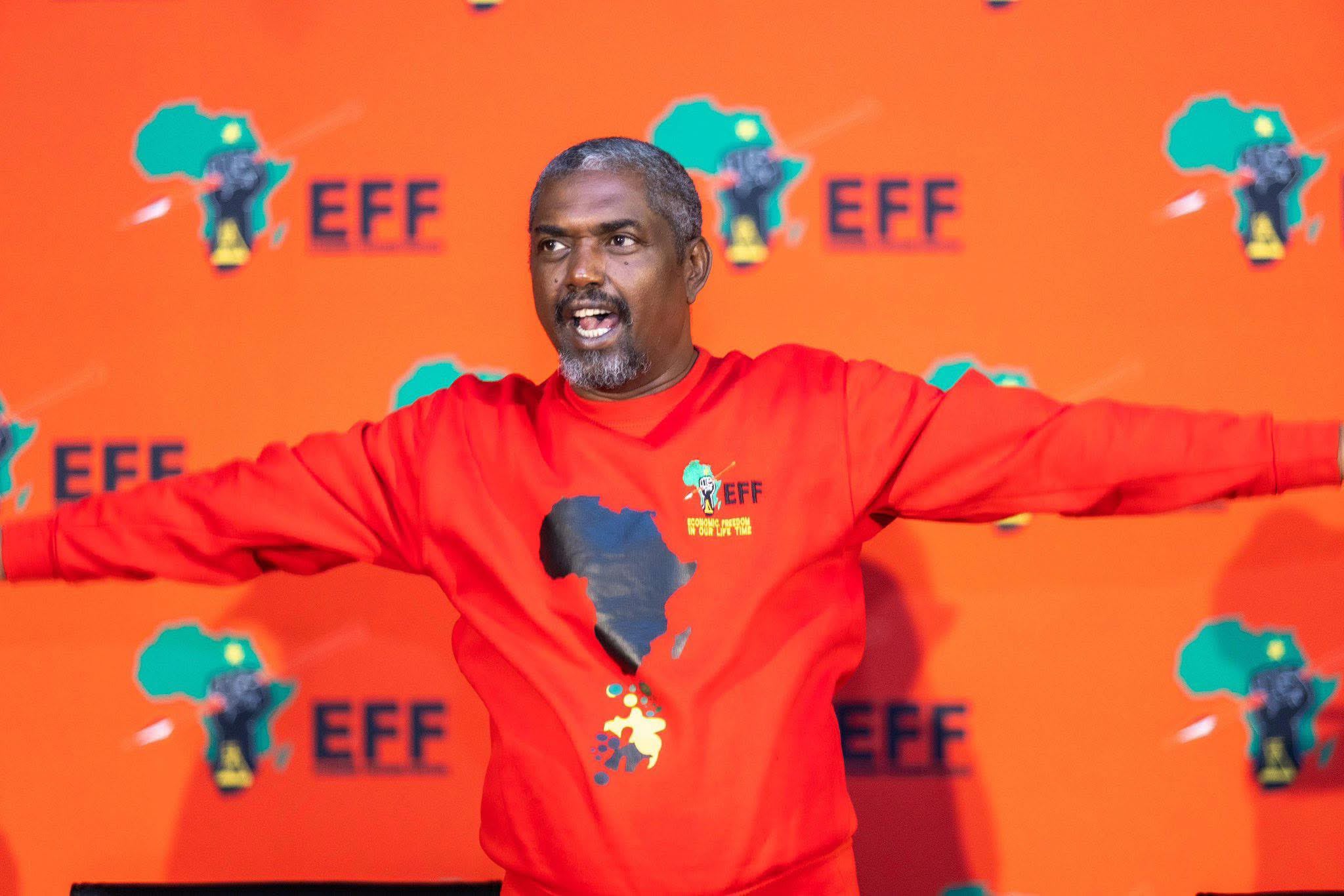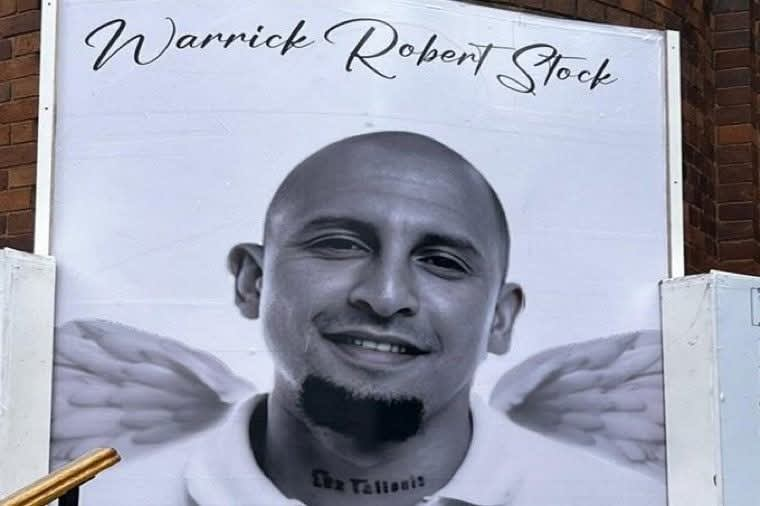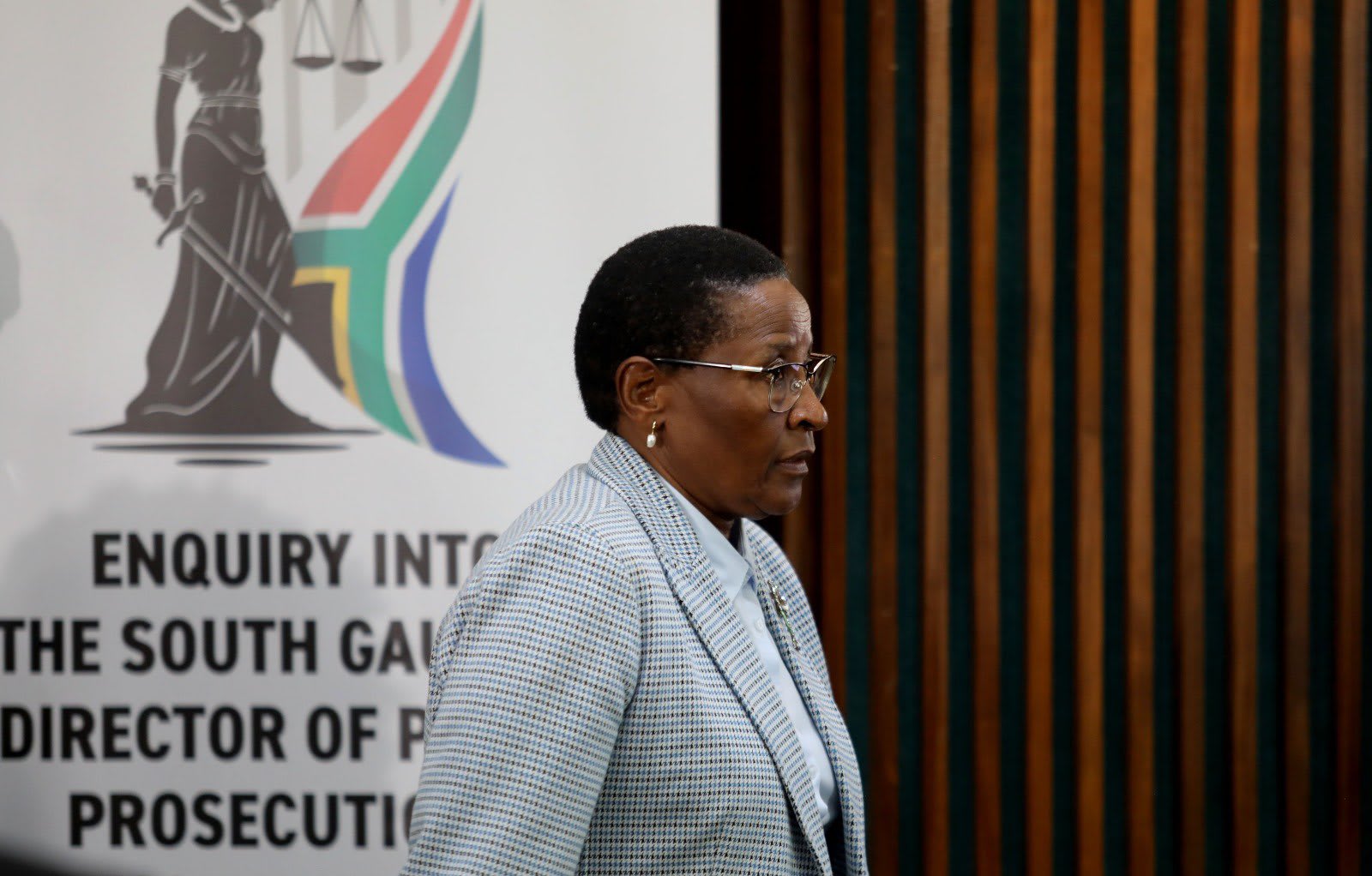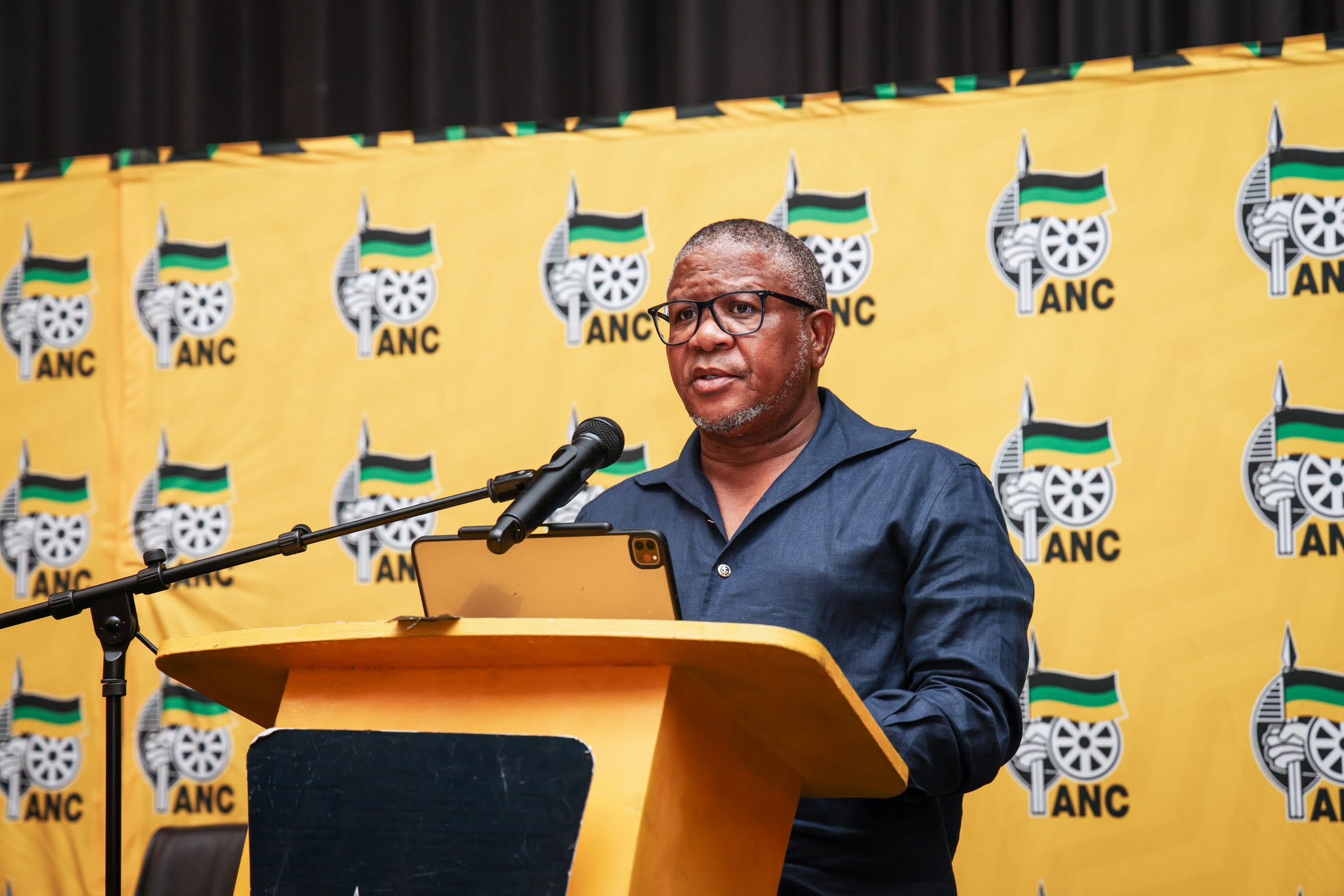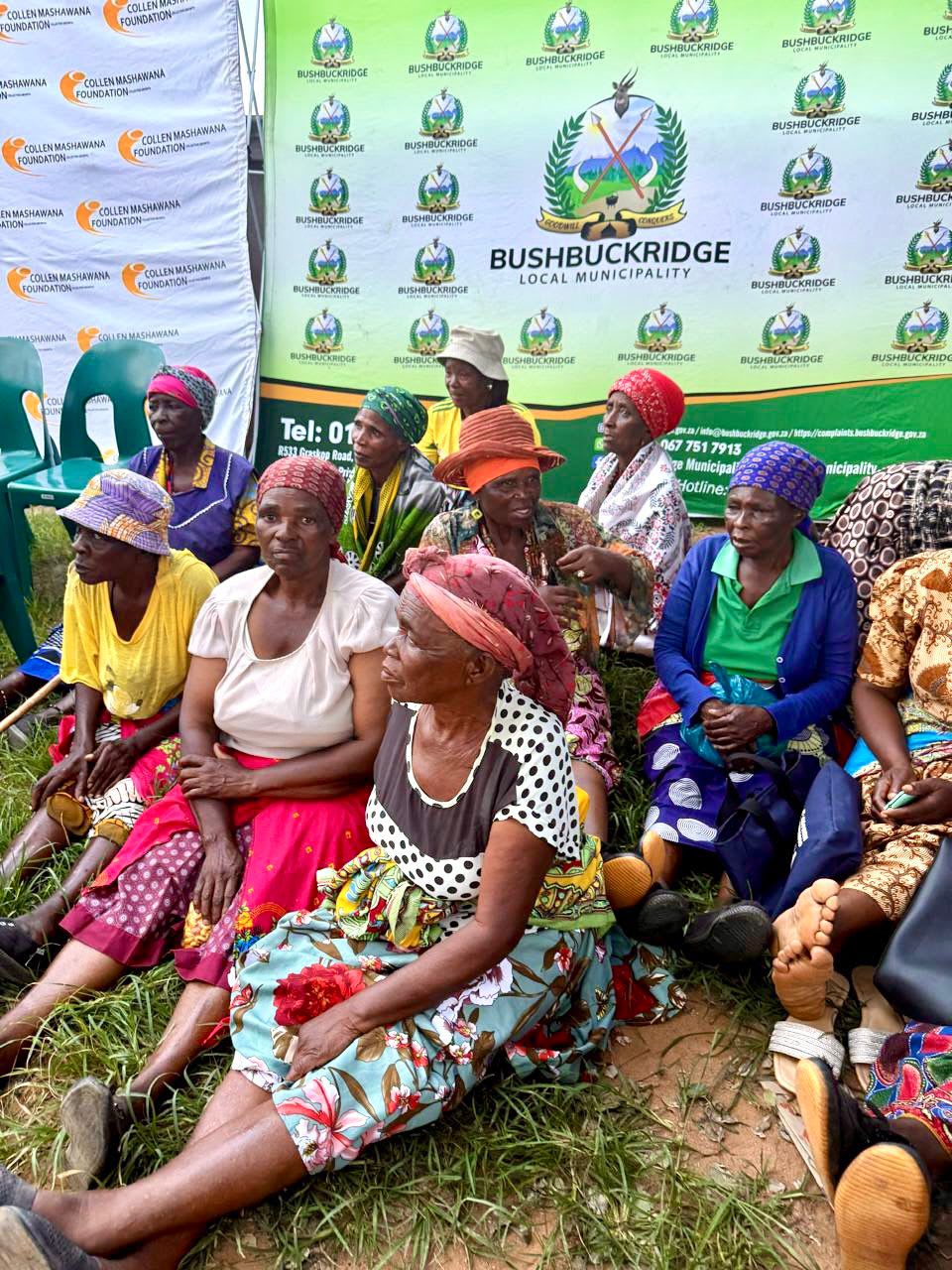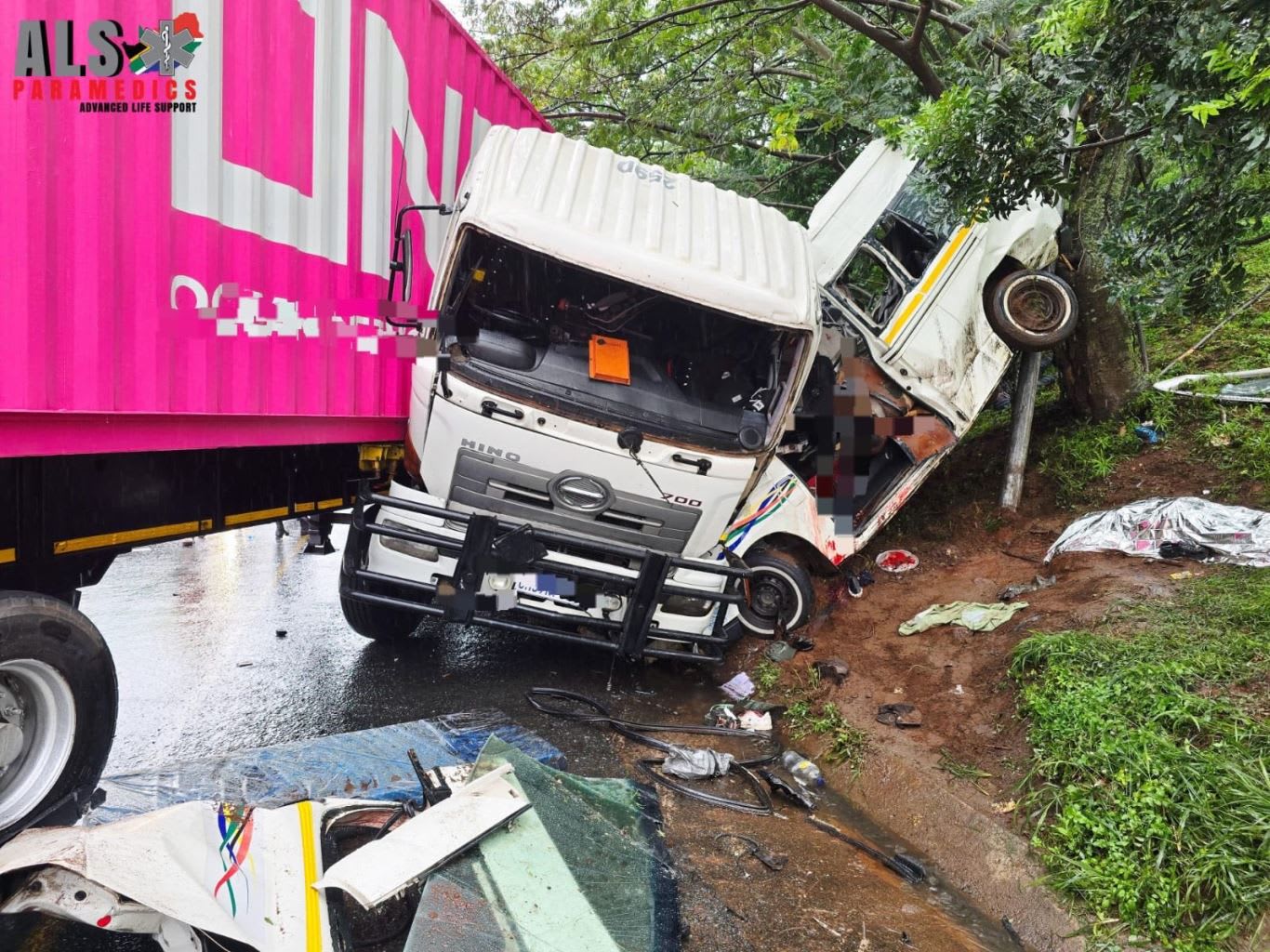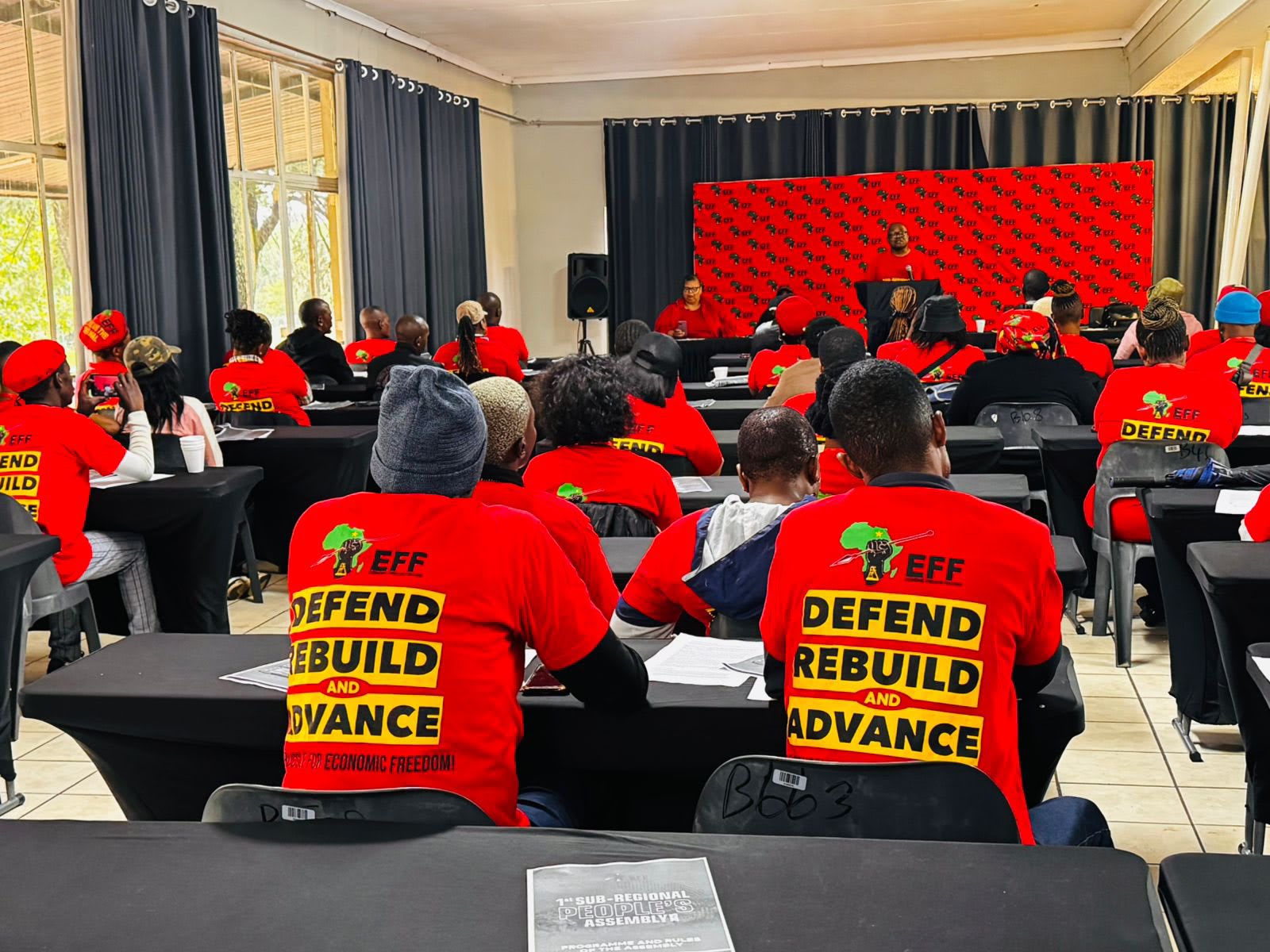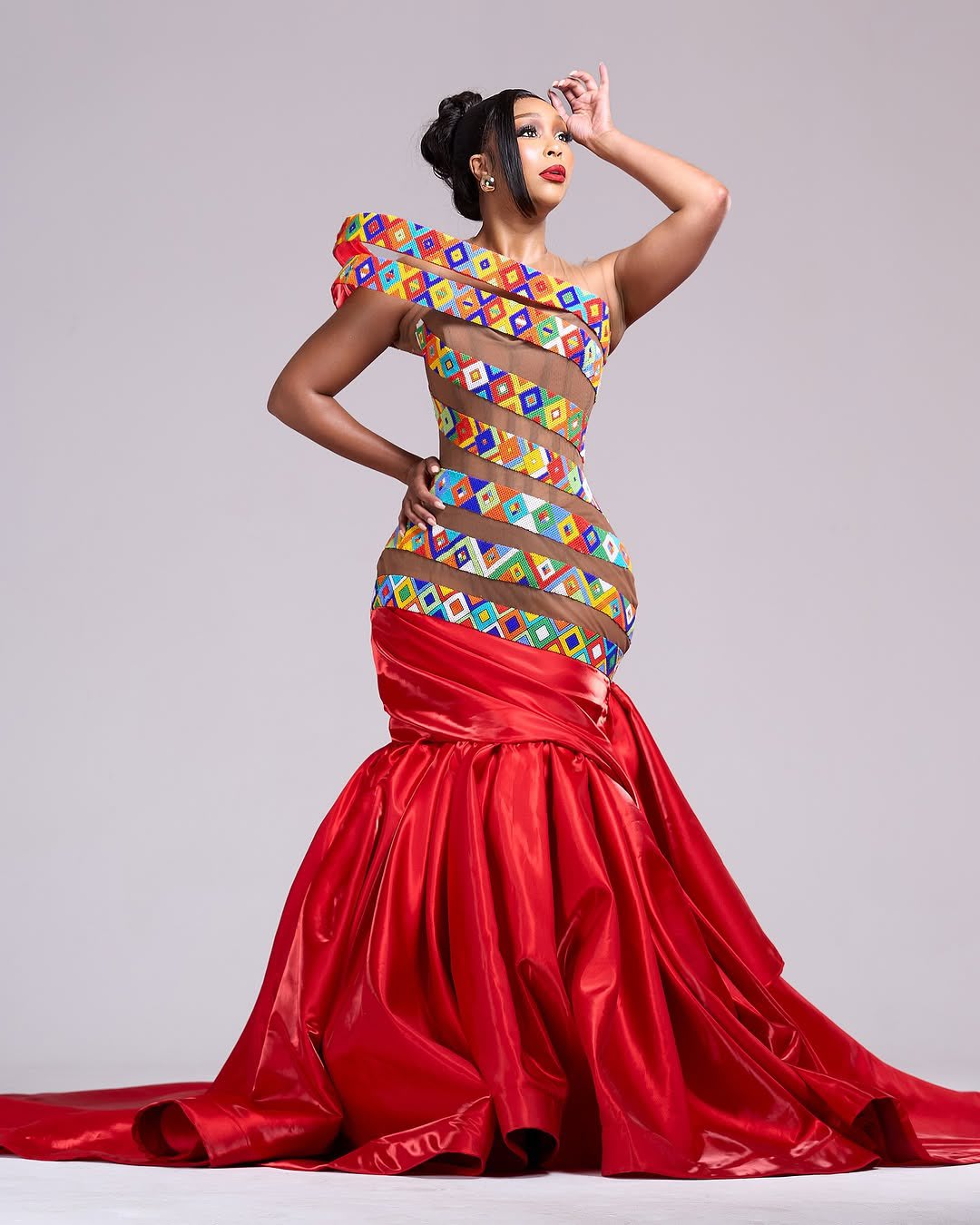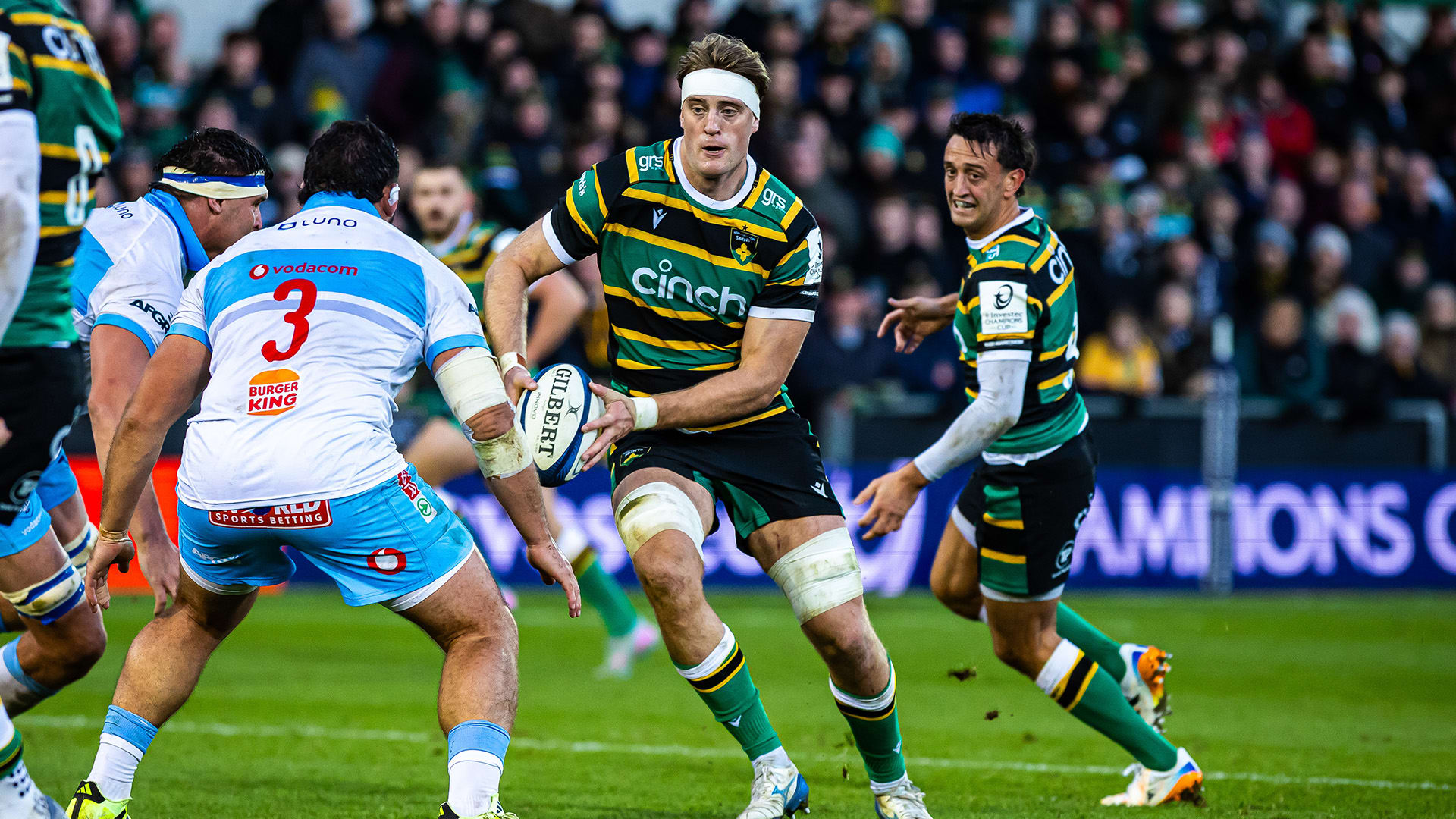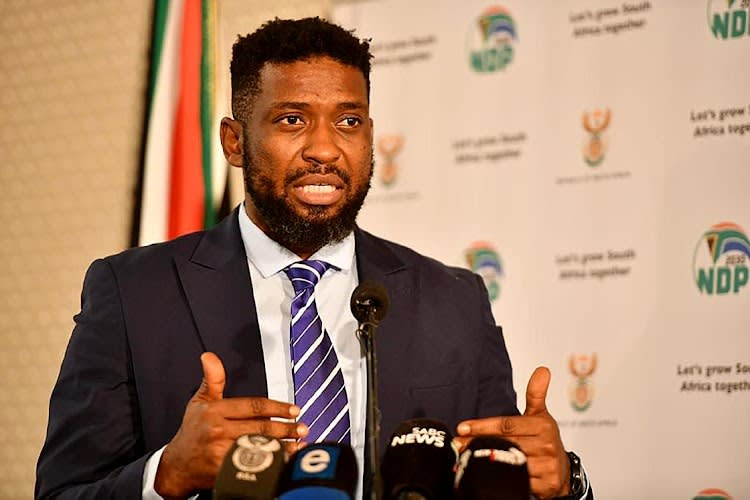Dada Morero
1Min
South Africa
Oct 20, 2025
Selling of clothes on the streets of Johannesburg is not allowed. These are the words of City of Joburg Mayor, Dada Morero, who has urged all informal traders across the metro to comply with the city of Joburg's by laws by applying for trading permits that will allow them to operate in designated trading areas.
Selling of clothes on the streets of Johannesburg is not allowed. These are the words of City of Joburg Mayor, Dada Morero, who has urged all informal traders across the metro to comply with the city of Joburg's by laws by applying for trading permits that will allow them to operate in designated trading areas.
The mayor further indicated that he will not back down from his commitment to enforce by-laws aimed at regulating informal trading in the inner city.
On Monday, Morero briefed the media following a recent High-Impact by-law enforcement operation to restore order in the city centre amid growing concerns of lawlessness and urban decay.
He reaffirmed the city's stance, indicating that these enforcement measures are essential for creating a clean and safe environment for all.
“We want to put to the media that there is a pending high court case brought against the city,” Morero stated, emphasising the belief that the claims of non-compliance are unfounded. “The city affirms its authority to enforce its by-laws provided these are perpetually fair. We will ensure we fully comply with the court.”
The situation has exacerbated the plight of many informal traders, who have found themselves displaced as the city intensifies its crackdown on non-compliance in trading permits. Some traders report a significant impact on their livelihoods due to the removal of their operating spaces.
Early this month, city officials descended on De Villiers Street in the Johannesburg CBD, a second-hand clothing haven for customers who specialise in buying affordable and fashionable second hand clothing.
However, with the city having redeveloped this precinct ahead of the G20 Summit, many traders have been left to ponder their immediate future as they are required to apply for trading permits in line with the by-laws of the city.
"It is unfair what the city is doing to us. We have been making a living selling second-hand clothing for years, but now the city has removed us with no clear alternatives. How are we supposed to survive and make a living now that the city is removing us from De Villiers street, a trader who did not want to be named said.
This ongoing crackdown has prompted SERI to take legal action on behalf of affected traders, leading to a tense standoff between the city and its informal economy.
Morero further acknowledged that the informal economy plays a vital role in Johannesburg’s economic growth but maintained that persistent non-compliance cannot be tolerated.
The mayor's remarks come alongside initiatives to reclaim urban spaces, including the planting of trees along sidewalks where popular stalls once thrived, demonstrating the city’s push for a transformed inner-city landscape. However, Edward Molopi, who represents the informal traders in court, voiced concerns over the city's measures.
He highlighted that traders have struggled for close to a decade to secure trading licences, forcing many into illegal trading practices out of desperation.
“The informal traders have approached us to take the matter to court tomorrow,” Molopi noted. “The important thing to note is that the informal traders have always wanted to engage in order to trade in the city in a legal manner. However, they have not been able to do so," he said.

